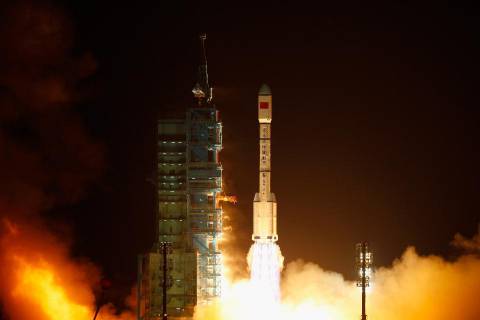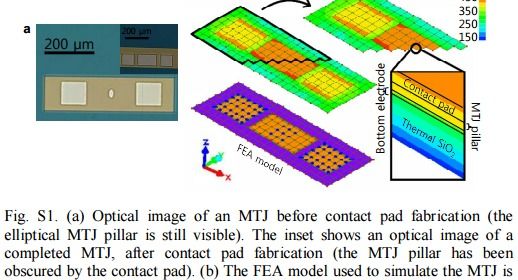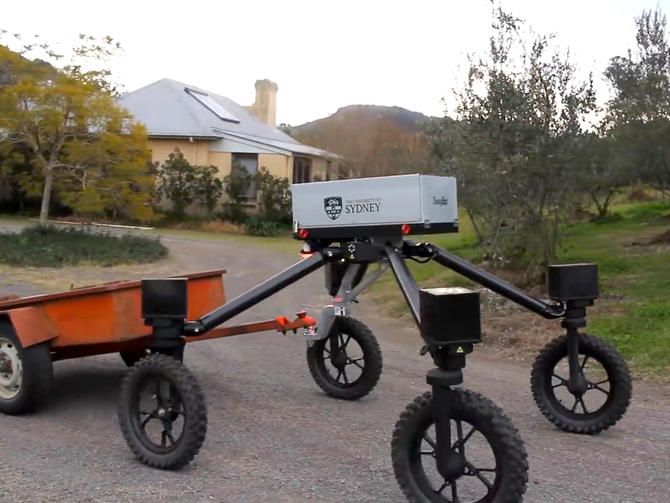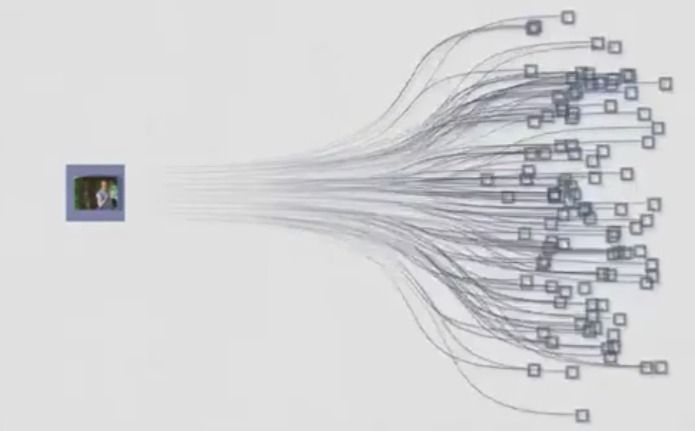Page 11029
Jul 19, 2016
Russia And China Discuss Joint Outer-Space Exploration, Moon And Even Mars
Posted by Dan Kummer in category: space travel
China and Russia are discussing joint cooperation in outer-space exploration, including missions to the Moon and even Mars, according to a statement by Russian Deputy Prime Minister Dmitry Rogozin on Wednesday.
“Yesterday, we (Rogozin and Vice-Premier of China’s State Council Wang Yang) worked for three and a half hours, discussing cooperation in the nuclear sphere and cooperation in the issues of interaction between our space agencies where there are such large projects as the deliveries of rocket engines, and cooperation in navigation systems,” the Russian vice-premier said.
He made his remarks during a talk with the heads of Russian regions and Chinese provinces and the managers of companies from both countries. The expo is an annual industrial exhibition held since 2014 within the framework of the Harbin Trade Fair.
Continue reading “Russia And China Discuss Joint Outer-Space Exploration, Moon And Even Mars” »
Jul 19, 2016
Researchers develop plastic flexible magnetic memory device
Posted by Klaus Baldauf in categories: computing, engineering, health, military, robotics/AI, wearables
It looks like a small piece of transparent film with tiny engravings on it, and is flexible enough to be bent into a tube. Yet, this piece of “smart” plastic demonstrates excellent performance in terms of data storage and processing capabilities. This novel invention, developed by researchers from the National University of Singapore (NUS), hails a breakthrough in the flexible electronics revolution, and brings researchers a step closer towards making flexible, wearable electronics a reality in the near future.
The technological advancement is achieved in collaboration with researchers from Yonsei University, Ghent University and Singapore’s Institute of Materials Research and Engineering. The research team has successfully embedded a powerful magnetic memory chip on a flexible plastic material, and this malleable memory chip will be a critical component for the design and development of flexible and lightweight devices. Such devices have great potential in applications such as automotive, healthcare electronics, industrial motor control and robotics, industrial power and energy management, as well as military and avionics systems.
Continue reading “Researchers develop plastic flexible magnetic memory device” »
Jul 19, 2016
A new tracking and quantification tool for single cells
Posted by Karen Hurst in categories: biotech/medical, genetics, health
New method for tracking single cells; definitely could be interesting for genetic mutation research such as cancer, Parkinson, etc.
As far as the scientists are concerned, the new possibilities that these programs offer should be available to as many researchers around the world as possible. Therefore the software is freely available, and can be downloaded from the following link: http://www.bsse.ethz.ch/csd/software/ttt-and-qtfy.html
Technical obstacles were removed as far as possible. “Our focus was on making the application also available to researchers who do not have background IT know-how,” Schroeder explains. And the application appears to work well: Two high-ranking publications can be traced back to the spyware for cells.
Continue reading “A new tracking and quantification tool for single cells” »
Jul 19, 2016
Law enforcement and the Dark Web, a never ending battle
Posted by Karen Hurst in categories: biotech/medical, internet, law enforcement, security
Dark Net v. Law Enforcement — who is winning and who is struggling.
The Dark web is a privileged place for cyber criminals that, under specific conditions, could operate in anonymity.
The United Nation’s Office on Drugs and Crime (UNODC) has published its annual report that contains a specific mention to the illicit trade of goods and drugs in this hidden part of the web.
Continue reading “Law enforcement and the Dark Web, a never ending battle” »
Jul 19, 2016
World-Check terror suspect DB hits the web at just US$6750
Posted by Karen Hurst in categories: cybercrime/malcode, internet
Want to buy the World-Check terror suspect DB? You can on the Dark Web for $6750.
Last month’s borked Couchdb breach delivers more pain to Thomson Reuters.
Jul 19, 2016
Darknet Market Raises Its Ugly Head Again
Posted by Karen Hurst in categories: internet, law enforcement, security
Their back.
 The internet has always been the most preferred platform for carrying out illicit activities. The underground black markets are not a new phenomenon in the virtual world. However, these black markets are now becoming more sophisticated and organized. Darkness is one such underground marketplaces which are rising and becoming uglier. Though law enforcement agencies have brought down the number of such illegal platforms, the Darknet markets are up and running. Darknet markets are growing bigger than ever with over $50 million UDS transactions reportedly flowing through these marketplaces and it is a big challenge in front of security agencies and governments to finish this underground industry from its roots.
The internet has always been the most preferred platform for carrying out illicit activities. The underground black markets are not a new phenomenon in the virtual world. However, these black markets are now becoming more sophisticated and organized. Darkness is one such underground marketplaces which are rising and becoming uglier. Though law enforcement agencies have brought down the number of such illegal platforms, the Darknet markets are up and running. Darknet markets are growing bigger than ever with over $50 million UDS transactions reportedly flowing through these marketplaces and it is a big challenge in front of security agencies and governments to finish this underground industry from its roots.
Decoding Darknet
Continue reading “Darknet Market Raises Its Ugly Head Again” »
Jul 19, 2016
Australian robot gets put to work, herds sheep and cows (Tomorrow Daily 393)
Posted by Karen Hurst in categories: food, health, robotics/AI, sustainability
Definitely need this for the farm.
This robot cowboy not only herds cattle, soon it will also monitor the herd’s health and alert ranchers to any injuries or illness to livestock.
Jul 19, 2016
New detector overcomes key challenge in using light for wireless communications: With data rates of more than 2 gigabits per second, new approach in photodetection could simplify free-space optical communication
Posted by Karen Hurst in category: internet
Today’s high-speed wired communication networks use lasers to carry information through optical fibers, but wireless networks are currently based on radio frequencies or microwaves. In an advance that could one day make light-based wireless communications ubiquitous, researchers from Facebook Inc.’s Connectivity Lab have demonstrated a conceptually new approach for detecting optical communication signals traveling through the air.
The team described the new technology, which could pave the way for fast optical wireless networks capable of delivering internet service to far-flung places, in Optica, The Optical Society’s journal for high impact research.
Bridging the Digital Divide
Jul 19, 2016
Baidu built an AI that composes music after looking at art
Posted by Karen Hurst in categories: information science, media & arts, robotics/AI, transportation
When Art Inspires AI; AI composes music.
Who says AI is only for big data crunching and driverless car driving?
















